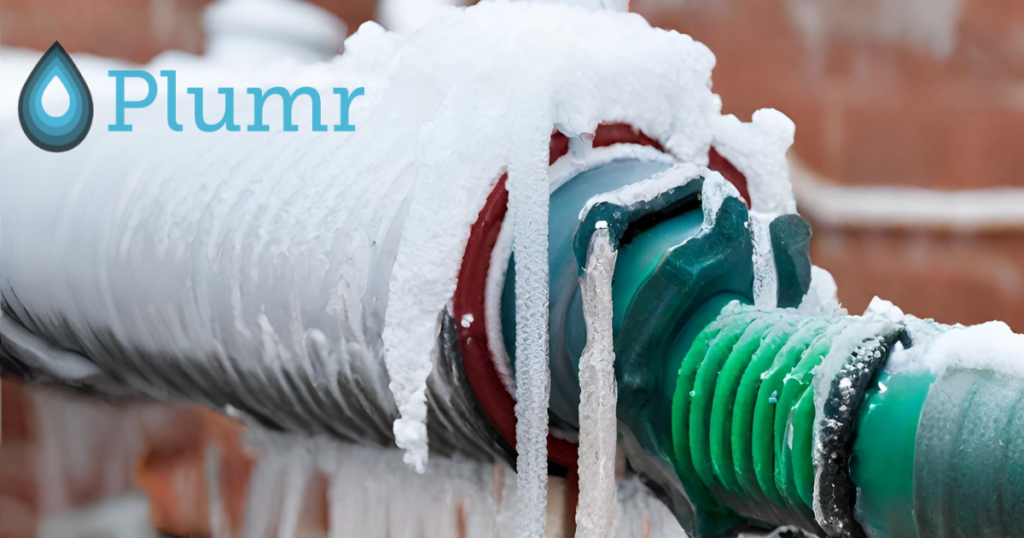Winter is a beautiful season in Boston North Shore, Massachusetts, but it can also bring its fair share of challenges, especially when it comes to plumbing. One of the most common and costly issues homeowners face during the winter months is frozen pipes. However, with a few preventative measures, you can effectively protect your pipes from freezing and avoid costly repairs. In this blog post, we will discuss several tips on how to prevent frozen pipes in winter in the Boston North Shore area.
- Insulate Your Pipes
Insulating your pipes is one of the most effective ways to prevent them from freezing. You can use pipe insulation sleeves or wrap the pipes with heat tape. This additional layer of protection will help maintain a stable temperature inside the pipes and prevent freezing.
- Seal Drafts
Identify any drafts or openings near your pipes and seal them. Cold air can seep into your home through these small gaps, causing the temperature to drop and potentially freezing your pipes. Use weatherstripping or caulk to seal any cracks or gaps around windows, doors, and vents.
- Keep Interior Temperature Consistent
Maintaining a consistent temperature inside your home is crucial during the winter months. Even when you’re away, try to keep the thermostat at a minimum temperature of 55 degrees Fahrenheit. This will help keep the pipes warm and prevent them from freezing.
- Allow Indoor Faucets to Drip
When temperatures drop significantly, allowing indoor faucets to drip can be an effective preventive measure. Running water, even at a slow trickle, helps prevent the pipes from freezing by relieving pressure buildup in the system.
- Disconnect and Drain Outdoor Hoses
Disconnecting and draining outdoor hoses before winter arrives is essential. If left attached, water can freeze inside the hoses and cause damage to both the hose and the connected pipes. Remember to shut off the outdoor water supply and open any outdoor faucets to drain excess water from the pipes.
- Open Cabinet Doors
In areas where pipes are located inside cabinets or vanity units, such as in the kitchen or bathroom, open the doors to allow warm air to circulate around the pipes. This will help prevent freezing in these vulnerable areas.
- Insulate Vulnerable Areas
Pay special attention to vulnerable areas such as basements, crawl spaces, and attics. These areas are particularly susceptible to freezing temperatures. Ensure they are adequately insulated to protect the pipes from freezing.
- Keep Garage Doors Closed
If you have water supply lines running through your garage, keep the doors closed during the winter months. This will help maintain a higher temperature inside the garage, reducing the risk of frozen pipes.
- Shut Off and Drain Unused Pipes
If there are any pipes that are not in use, such as outdoor spigots or irrigation lines, shut off their water supply and drain them completely. This will prevent any residual water from freezing inside the pipes.
- Seek Professional Help
If you find yourself dealing with frozen pipes despite taking preventive measures, it’s important to seek professional help immediately. A licensed plumber will have the expertise and tools necessary to thaw frozen pipes safely and prevent further damage.
By following these preventive measures, you can minimize the risk of frozen pipes and avoid the headache and expense of dealing with plumbing issues during the winter months in Boston North Shore, Massachusetts. Stay warm and enjoy the winter season without worrying about your pipes!

